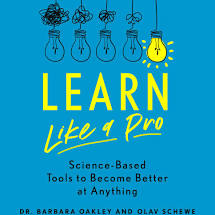-
ABOUT THE AUTHOR
Rebecca Gotlieb
Rebecca Gotlieb, Ph.D. is a human developmental psychologist and educational neuroscientist. Her research focuses on individual differences in social, emotional, cognitive, and brain development from early childhood through adolescence and young adulthood with implications for education. Dr. Gotlieb is a Postdoctoral Research Fellow in the Center for Dyslexia, Diverse Learners, and Social Justice at the University of California, Los Angeles. She completed a Ph.D. in the University of Southern California's Center for Affective Neuroscience, Development, Learning and Education as a National Science Foundation Graduate Research Fellow. She received a Bachelor's degree in Psychology and Brain Sciences and membership in Phi Beta Kappa from Dartmouth College.
Tags
ADHD adolescence attention book review boundary conditions classroom advice conference speakers constructivism/direct instruction creativity desirable difficulty development dual coding education elementary school embodied cognition emotion evolution executive function exercise experts and novices gender high school homework intelligence long-term memory math methodology middle school mindfulness Mindset motivation neuromyths neuroscience online learning parents psychology reading retrieval practice self-control skepticism sleep STEM stress technology working memoryRecent Comments
- Understanding Test Anxiety on Test Anxiety: How and When Does It Harm Students?
- A Skeptic Converted? The Benefits of Narrative |Education & Teacher Conferences on Help Me Understand: Narrative Is Better than Exposition
- Debate #4- Cell phones be banned from the classroom. | Aradhana's blog – ECI830 on Cell Phones in the Classroom: Expected (and Unexpected) Effects
- The Rare Slam Dunk? Blue Light Before Bed |Education & Teacher Conferences on “Writing By Hand Fosters Neural Connections…”
- Andrew Watson on “You Can Find Research that Proves Anything”
ABOUT THE BLOG

The Power of Making Thinking Visible: Practice to Engage and...
Imagine how schools might be different if educators focused on the process rather than product…

Unwinding Anxiety: New Science Shows How to Break the Cycle...
Even before the increase in mental health challenges caused by the COVID-19 pandemic, we were…

Why Don’t Students Like School? (2nd. ed.) by Daniel T....
Why don’t students like school? Daniel T. Willingham, Professor of Psychology at the University of…

The Pattern Seekers: How Autism Drives Human Invention by Simon...
Cambridge University professor of psychology and psychiatry, Simon Baron-Cohen, recently published The Pattern Seekers: How…
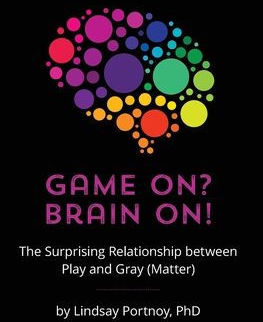
Game on? Brain On!: The Surprising Relationship between Play and...
Game on? Brain On!: The Surprising Relationship between Play and Gray (Matter) is an affectionate,…
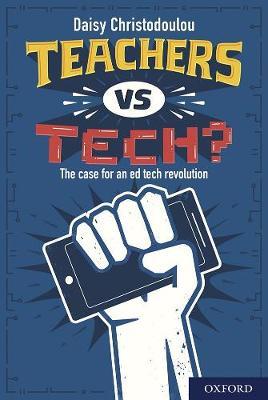
Teachers vs Tech?: The Case for an Ed Tech Revolution...
The dramatically increased reliance on technology to support students’ learning during the COVID-19 pandemic has…
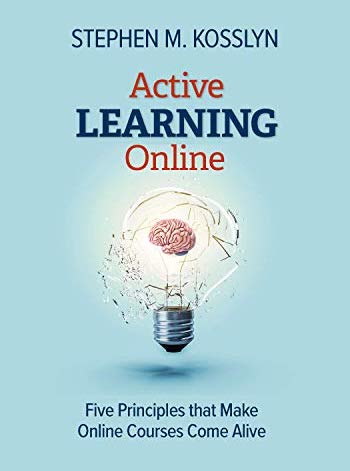
Active Learning Online: Five Principles that Make Online Courses Come...
The COVID-19 global pandemic has spurred a massive and rapid increase in online education. Although…
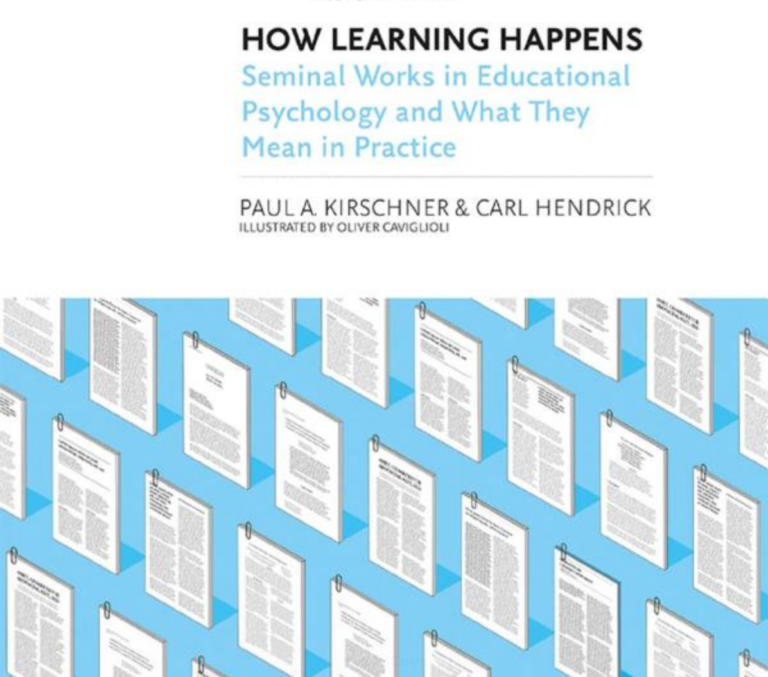
How Learning Happens: Seminal Works in Educational Psychology and What...
Bridging the research-practice divide is a perennial issue in education. Fortunately, Paul A. Kirschner and…

The Power of Discord: Why the Ups and Downs of...
The famous, well-replicated “still-face experiment” involves an infant and parent seated facing each other. After…

